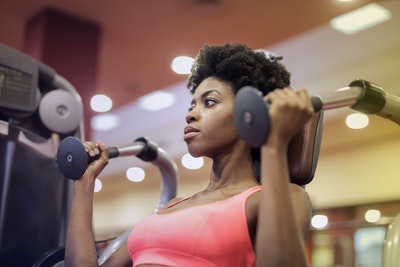How Much Exercise Is Good For IVF Patients?
How Much Exercise Is Good For IVF Patients?

Everyone everywhere is extolling the benefits of exercise for total body health and mental health. But what about when you’re undergoing IVF? Will abstaining from exercise during an IVF cycle or after embryo transfer help increase chances of IVF success?
Exercise comes in many forms. How can women, whether fertility patients or not, be sure which kind of exercise is best?
Studies revealed that women who exercised moderately, and more than five hours a week, got pregnant quicker. But the research also found that high levels of vigorous exercise made pregnancy less likely. If you’re lucky enough to get pregnant, naturally or via IVF, the same general rules seem to apply. Exercise when done with the right fitness wear e.g gym shoes or trainers, can reduce stress, lowers blood pressure, improves sleep and enhances wellbeing. When pregnant women exercise, it makes it easier to deal with labour and return to normal after the birth.
But the main concern of most fertility Doctors about exercise during an IVF cycle is, once the ovaries are enlarged with stimulation there is the risk of torsion – the ovaries twisting on themselves.
So should IVF patients be overly cautious and consider bed rest after transfer? “Studies have failed to show a benefit from bed rest after transfer; although resting is usually recommended after transfer. But if rest is going to increase your stress level it’s probably better to go about your normal activities of daily living. It just depends on your personality.



